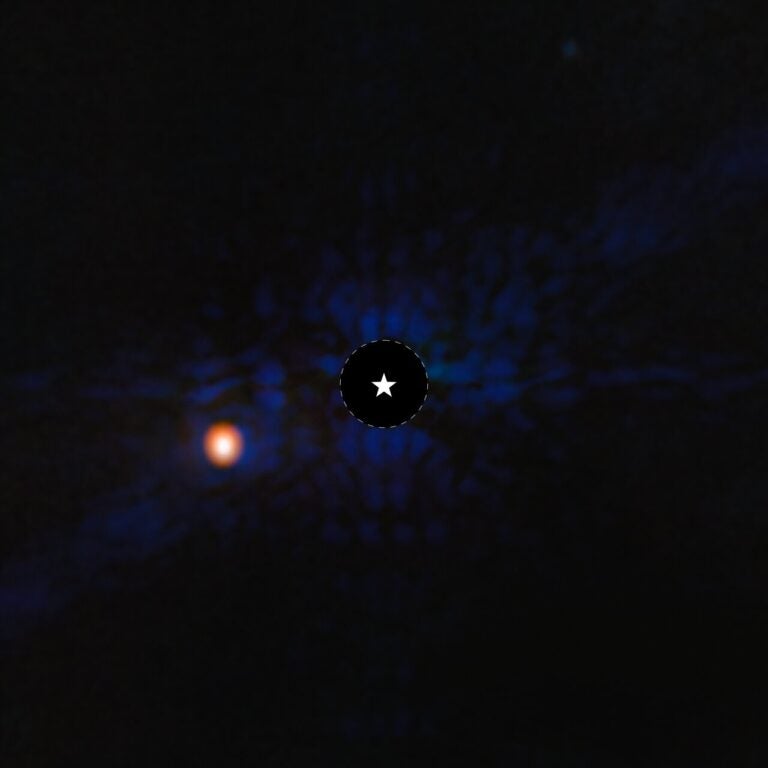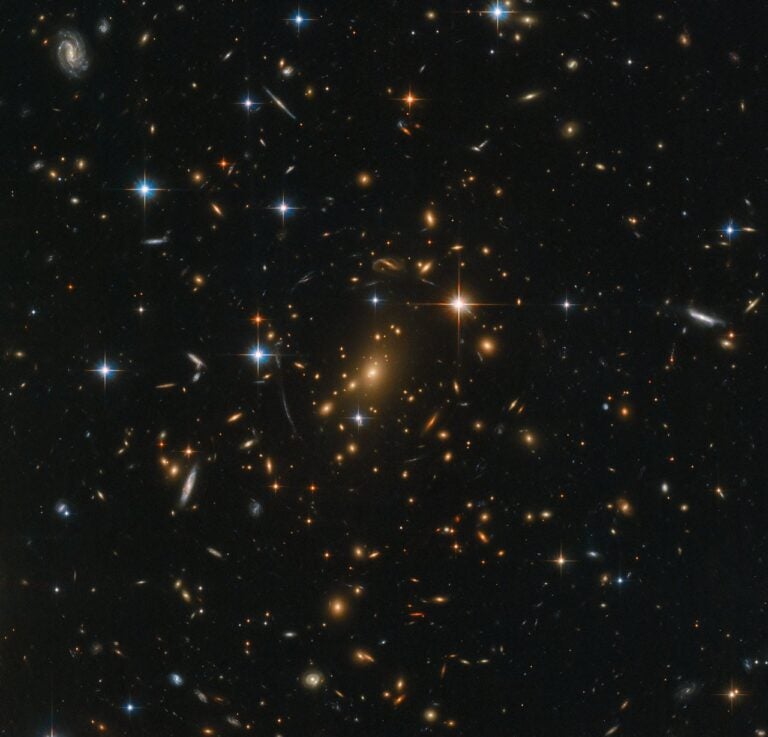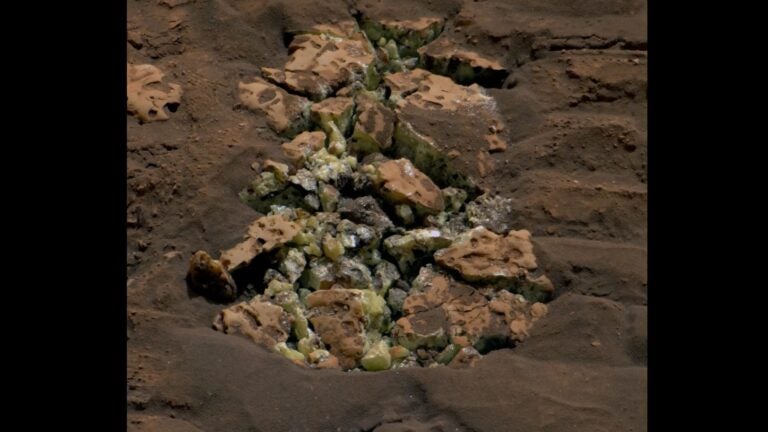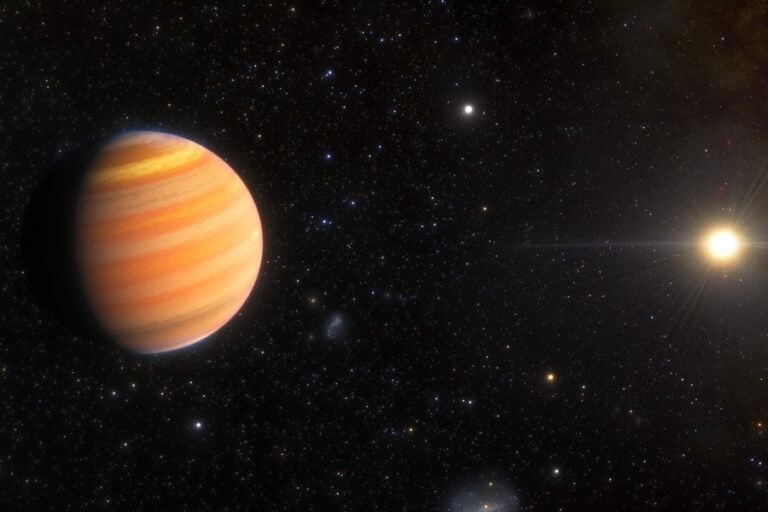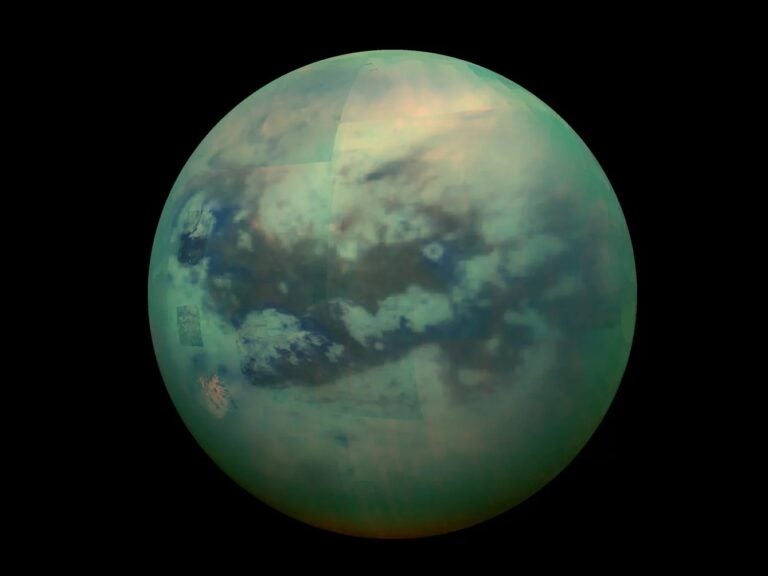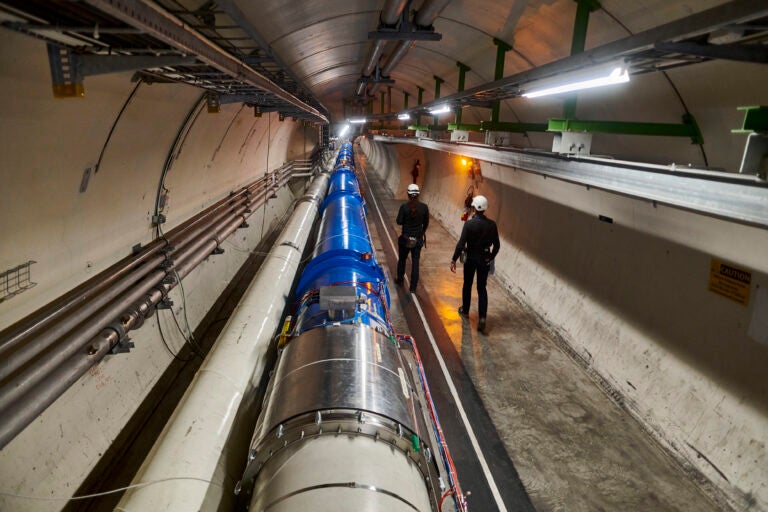A new paper led by Carnegie’s Andrew Steele provides strong evidence that this carbon did originate on Mars, although it is not biological. These findings give researchers insight into the chemical processes taking place on Mars and will help aid future quests for evidence of ancient or modern martian life.
There has been little agreement among scientists about the origin of the large carbon macromolecules detected in martian meteorites. Theories about their origin include contamination from Earth or other meteorites, the results of chemical reactions on Mars, or that they are the remnants of ancient martian biological life.
Steele’s team examined samples from 11 martian meteorites whose ages span about 4.2 billion years of martian history. They detected large carbon compounds in 10 of them. The molecules were found inside grains of crystallized minerals.
Using an array of sophisticated research techniques, the team was able to show that at least some of the macromolecules of carbon were indigenous to the meteorites themselves and not contamination from Earth.
Next, the team looked at the carbon molecules in relation to other minerals in the meteorites to see what kinds of chemical processing these samples endured before arriving on Earth. The crystalline grains encasing the carbon compounds provided a window into how the carbon molecules were created. Their findings indicate that the carbon was created during volcanism on Mars and show that Mars has been doing organic chemistry for most of its history.
“These findings show that the storage of reduced carbon molecules on Mars occurred throughout the planet’s history and might have been similar to processes that occurred on the ancient Earth,” Steele said. “Understanding the genesis of these nonbiological, carbon-containing macromolecules on Mars is crucial for developing future missions to detect evidence of life on our neighboring planet.”
In a separate paper, Steele and his team studied a meteorite called Allan Hills 84001 that was reported to contain relicts of ancient biological life on Mars. The paper demonstrated that these supposed remnants could have been created by chemical reactions involving the graphite form of carbon rather than biological processes. Both of these papers reveal a pool of reduced carbon on Mars and will help scientists involved in future Mars missions distinguish these nonbiologically formed molecules from potential life.


